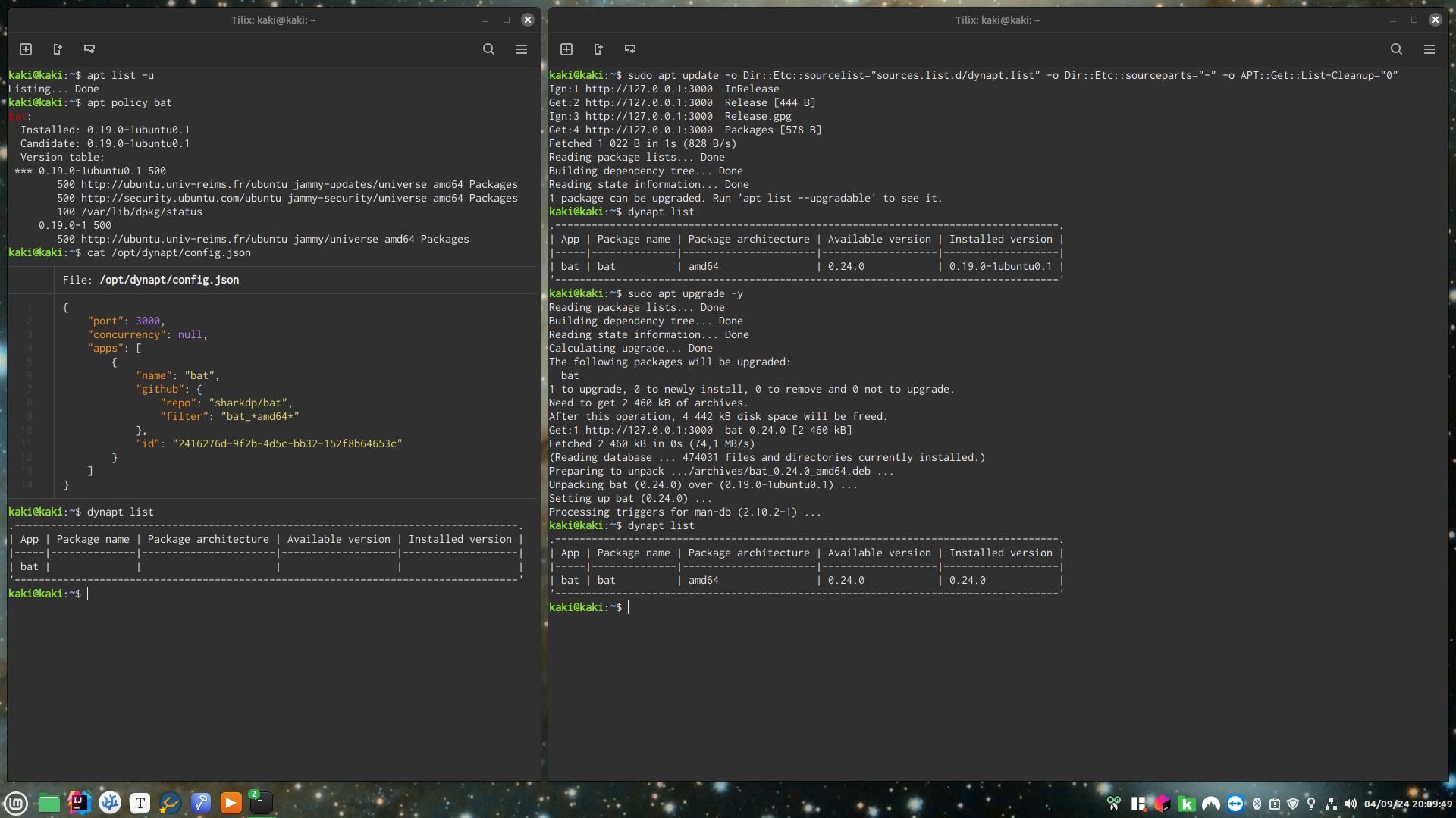202
you are viewing a single comment's thread
view the rest of the comments
view the rest of the comments
this post was submitted on 06 Sep 2024
202 points (99.5% liked)
Linux
57274 readers
410 users here now
From Wikipedia, the free encyclopedia
Linux is a family of open source Unix-like operating systems based on the Linux kernel, an operating system kernel first released on September 17, 1991 by Linus Torvalds. Linux is typically packaged in a Linux distribution (or distro for short).
Distributions include the Linux kernel and supporting system software and libraries, many of which are provided by the GNU Project. Many Linux distributions use the word "Linux" in their name, but the Free Software Foundation uses the name GNU/Linux to emphasize the importance of GNU software, causing some controversy.
Rules
- Posts must be relevant to operating systems running the Linux kernel. GNU/Linux or otherwise.
- No misinformation
- No NSFW content
- No hate speech, bigotry, etc
Related Communities
Community icon by Alpár-Etele Méder, licensed under CC BY 3.0
founded 6 years ago
MODERATORS

differently hacky idea:
since you do end up with all the packages in a repository on the filesystem, and you just want to have it do this just-in-time updating when the Packages file is accessed...
what if you list it as a normal
fileapt source, but you make the Packages file a FIFO?it's a cursed idea but I'm not sure it is any less cursed than the other options we've come up with.
it may or may not help to have systemd.socket manage creating the FIFO and running the service.
What's a FIFO ?
I've also looked into VFS but found nothing I'd have the skills to implement. 😅